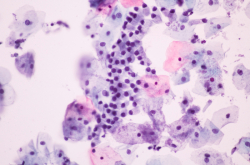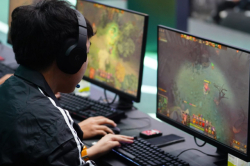Over a year ago, ITMO’s Academic Writing Center started to assist undergraduates and postgraduates in writing and revising their papers, abstracts, presentations, grant proposals, application essays, resumes and cover letters. It also works on educational programs devoted to peculiarities of different styles, pre-presentation trainings, presentation skills and so forth. The specialists of the center provide individual consultations, organize workshops and help academics deal with challenges they face at any stages of the writing process- from translating papers from Russian to English to correcting mistakes.
First of all, the requirements of Russian and international research journals are completely different. It refers to the structure of an article and approaches to the describing the research. It means that it is not enough to just write a good article — a magazine can refuse its publishing if at least one requirement is not satisfied.
"It is very important for scientists to publish their reports in indexed journals, as it is the only way to join the global scientific community. We work with motivated scientists who constantly share the results of their research projects with colleagues from all over the world," notes Ms. Sazanovich.
This year,YuliaSazanovichwon a grant for attendingthe 15th Symposium on Second Language Writing (SSLW) in Arizona State University,USA. The two-week program included workshops and lectures on second language writing. Together with 7 more colleagues from different Russian universities, the tutor discussed modern challenges and problems of AW with experts from America, China and Poland. For example, one of the problems raised by the experts was self-plagiarism, a phenomenonof using one's own previous work in another context without citing that it has beenused before. Currently, researchers have to cite themselves when using previously written works. However, the question about how much an author can reuse his or her previous texts remains open.
Among the issues covered during the sessions, there were genre awareness through reading, online writing tools, reading and reporting statistics in studies on second language writing and others. Experts from writing centers of different universities also had the chance to share their own experience.
"My foreign colleagues talked about problems faced by people who write in English using it as a second language. In these terms, academic writing for Russians is much more challenging, because English is not a second language, it is a foreign one."
The Center plans to help not only experienced researchers, but also those who start their research careers.Currently, its specialists work on a course on academic writing for ITMO’s third year Bachelor’s students.



